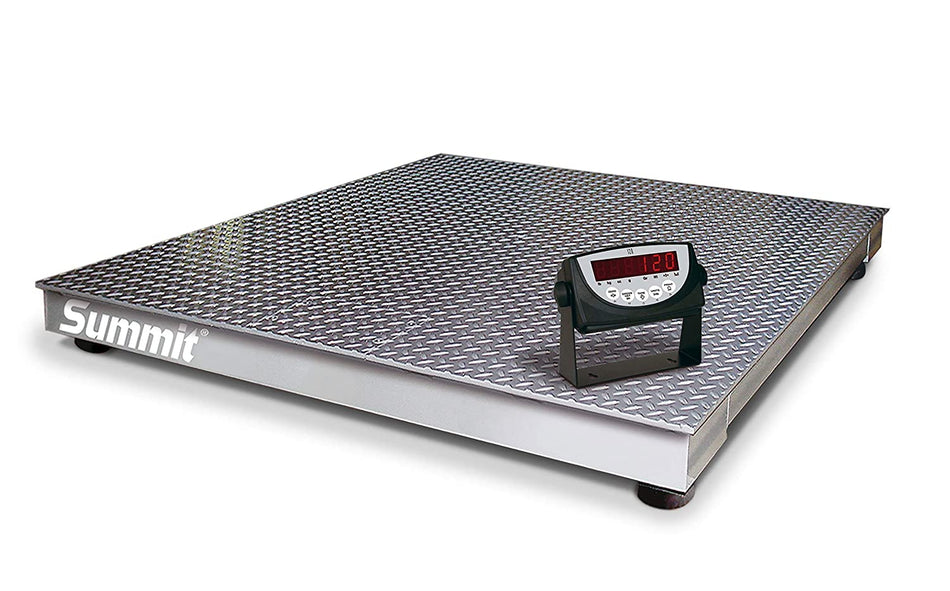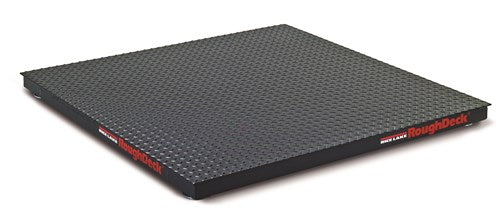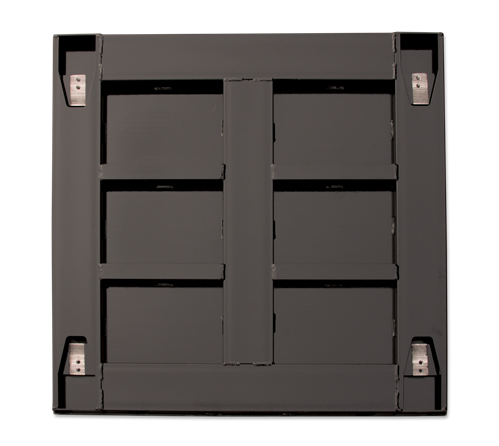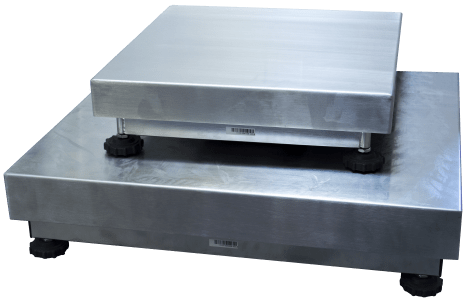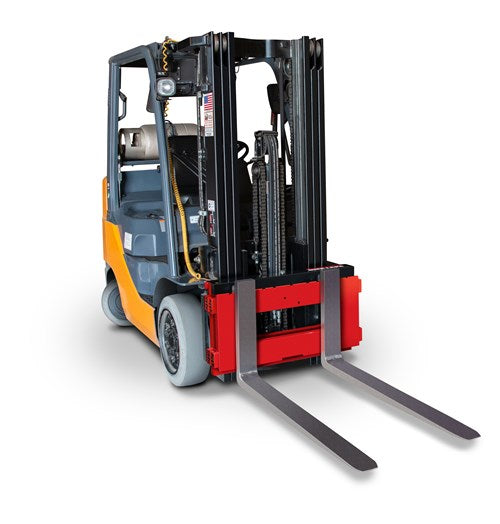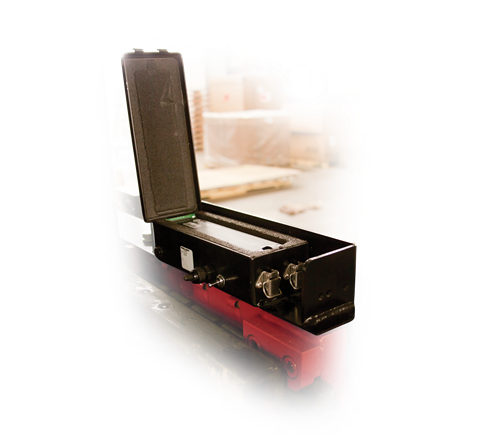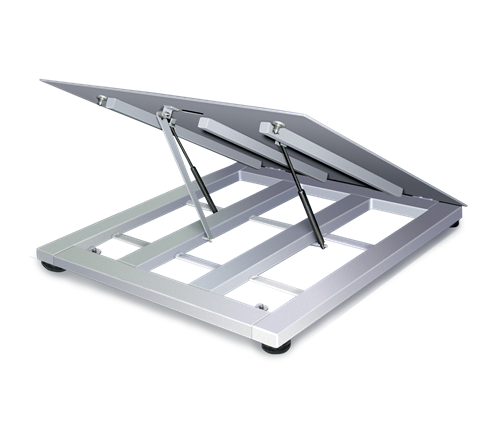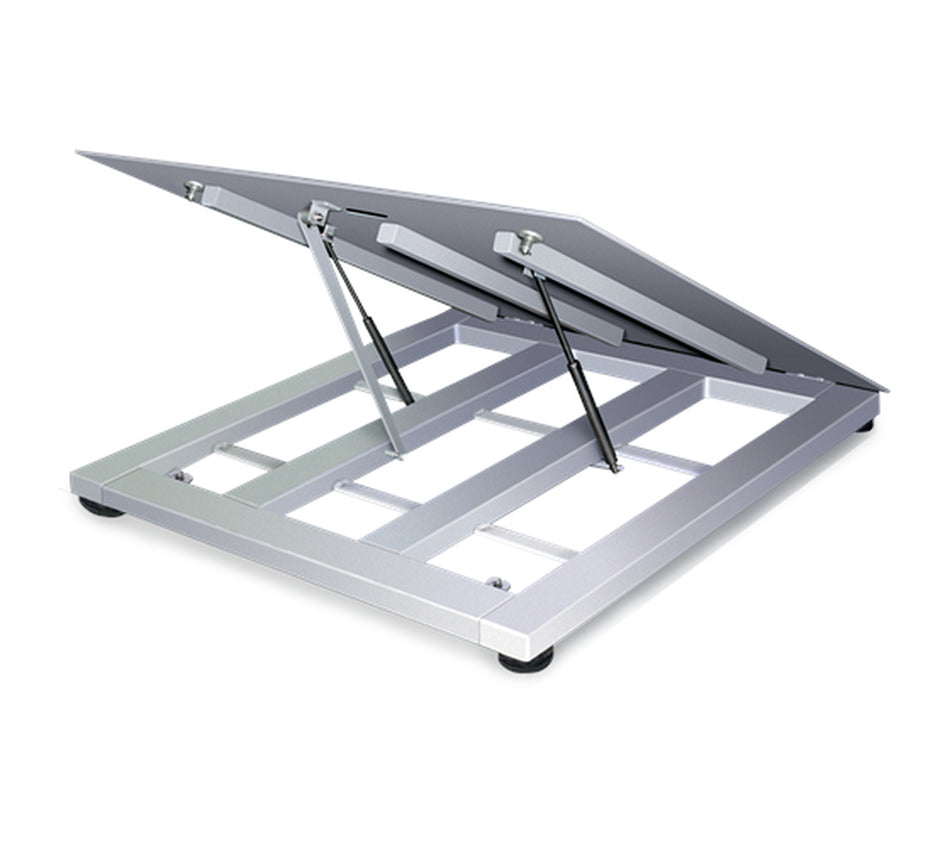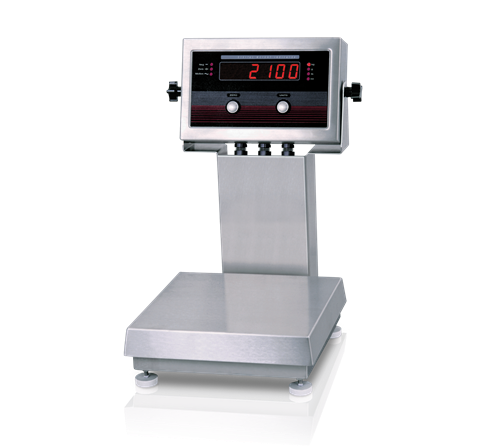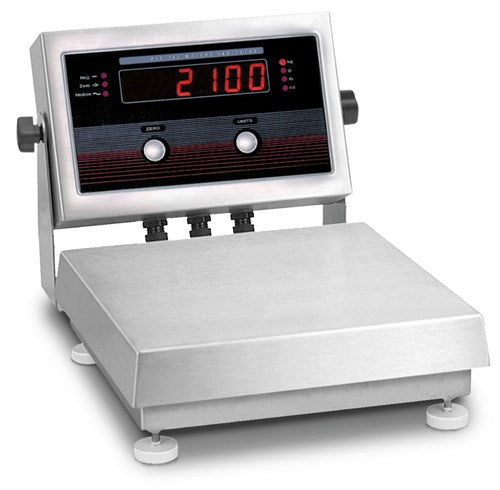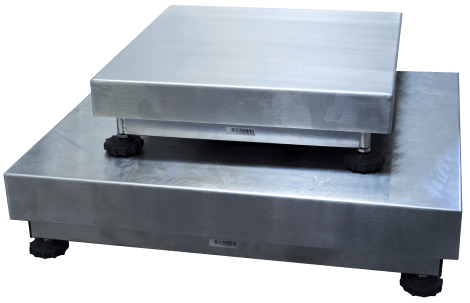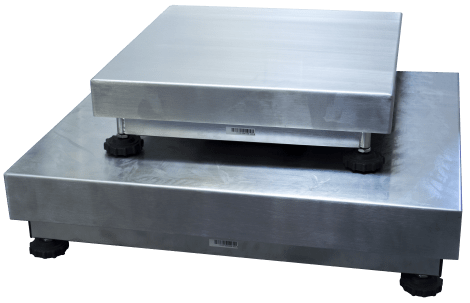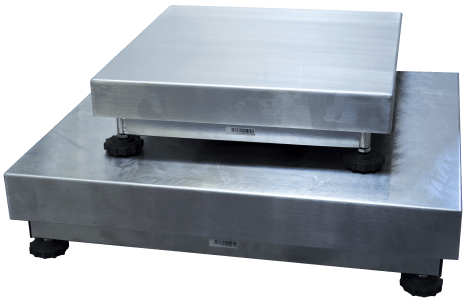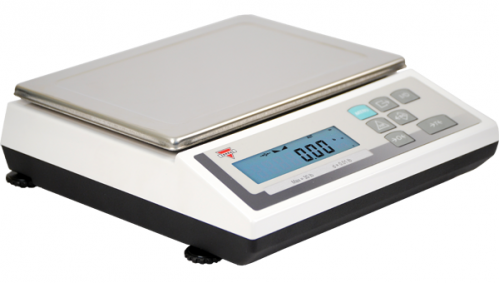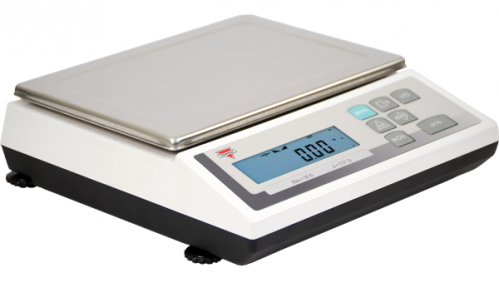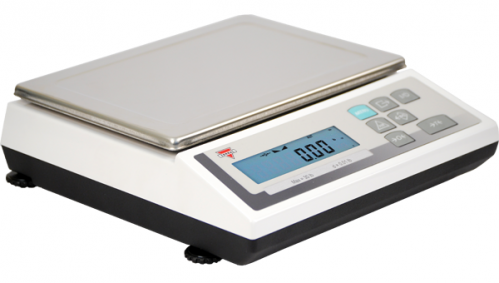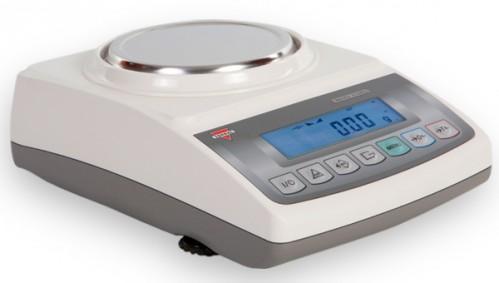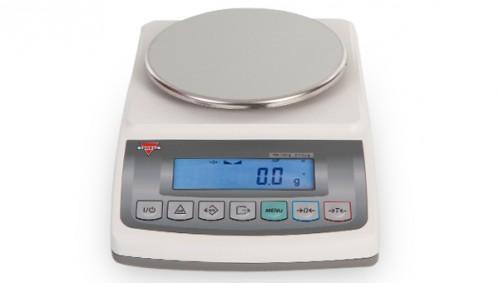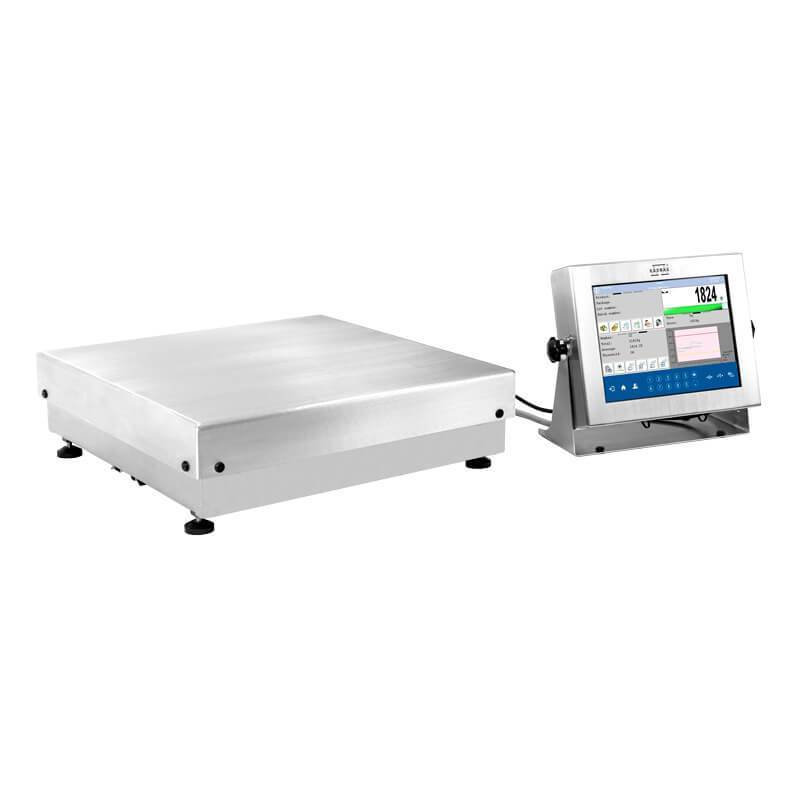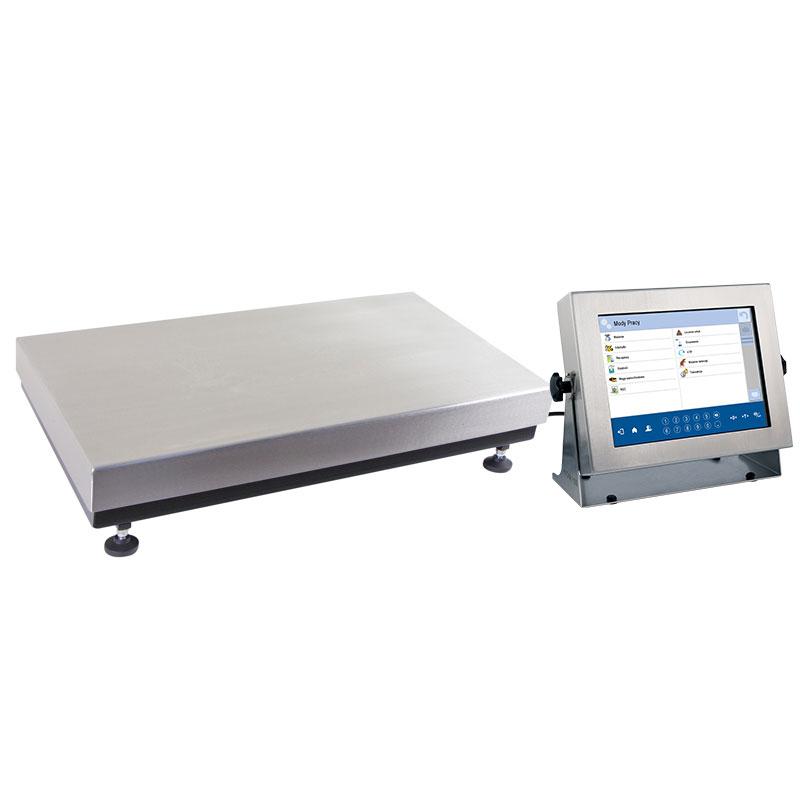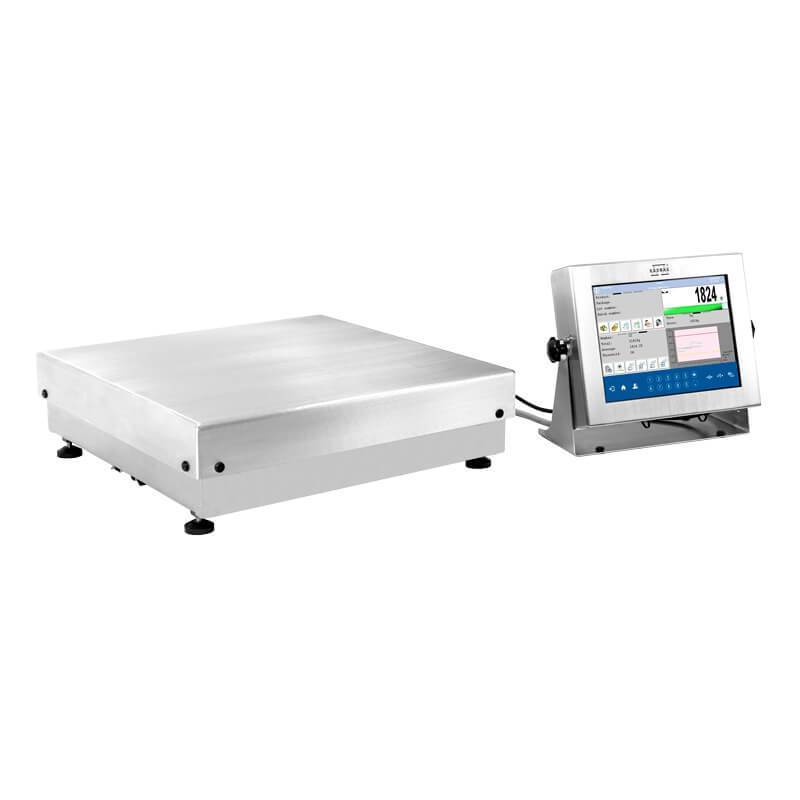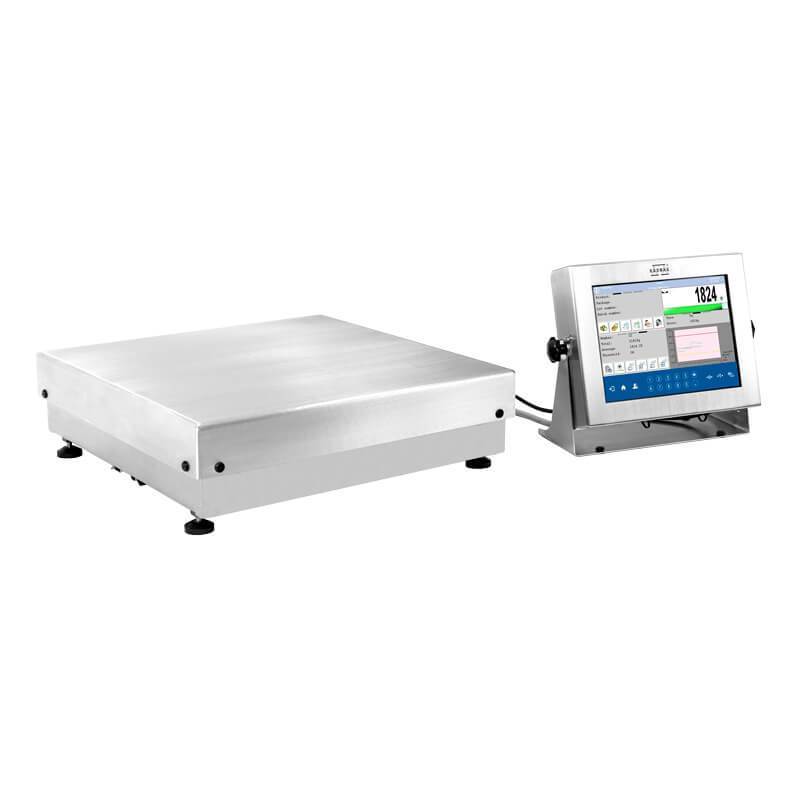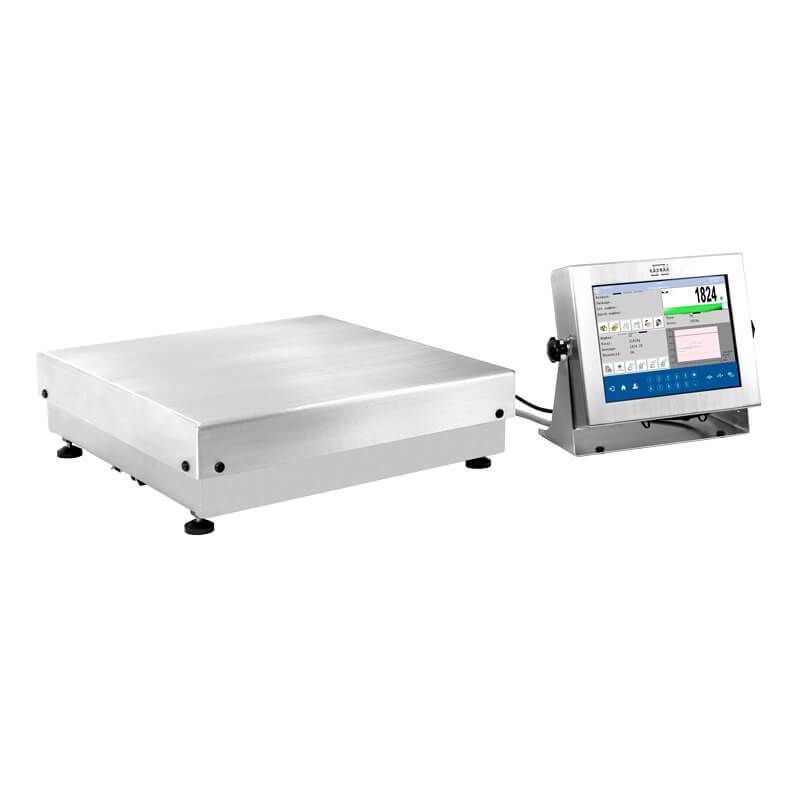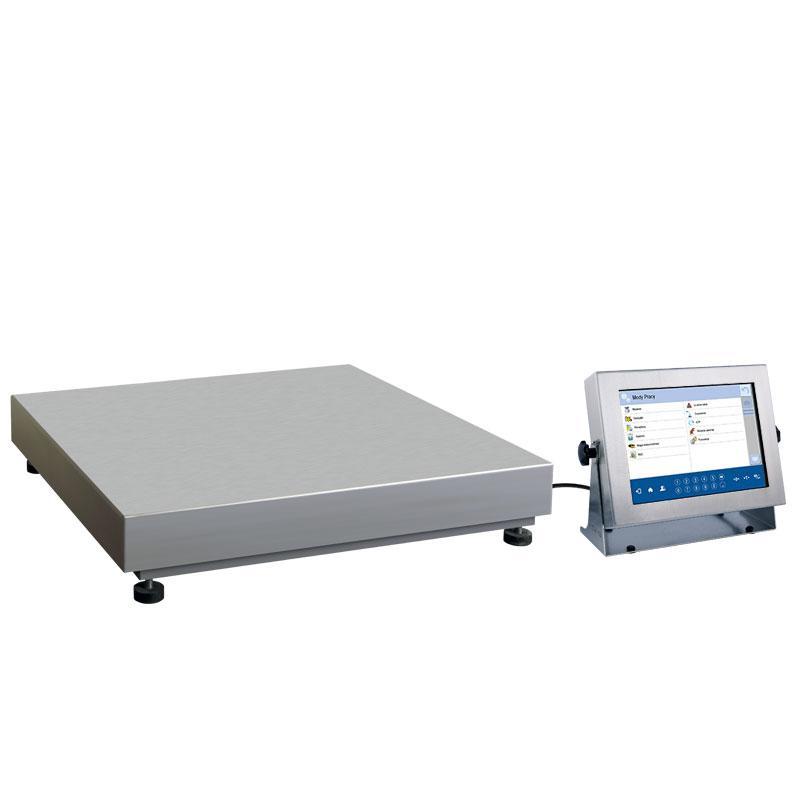31 Products
Collection: Industrial Scales
Filter products
- Shop By Brand
- Balances and Scales
- Rentals
- Lab Equipment
- Consumables
- Services
- Contact Us
- Service Request
- Order Status
What are some factors to consider when purchasing a floor scale?
When buying a floor scale, several important aspects need to be considered to ensure it meets your specific needs. These include the maximum weight the scale can handle (capacity), the dimensions and configuration of the scale (size and shape), whether the scale meets legal standards for commercial transactions (legal for trade), the type of display (digital indicator), and the materials and durability of the scale (construction).
What Is a Floor Scale?
A floor scale is a type of weighing apparatus engineered to sit directly on the ground. Unlike hanging scales or balance scales, floor scales provide a stable and robust platform for measuring the weight of heavy objects.
Key Features
Heavy-Duty Design: Built to accommodate large and heavy items, floor scales are commonly used in warehouses, shipping docks, and industrial environments.
Wide Range of Capacities: These scales can handle weights ranging from a few hundred pounds to several tons, making them versatile for various applications.
Platform Construction: Typically, the platform is flat and spacious, allowing for easy loading and unloading of items using forklifts or pallet jacks.
Ideal Uses
Industrial Weighing: Perfect for manufacturing plants where the weight of raw materials and finished products needs accurate measurement.
Shipping and Logistics: Useful for weighing large shipments to ensure compliance with freight regulations.
Agricultural Operations: Often used to weigh livestock, grains, or other bulk farm products.
Advantages of Floor Scales
Durability: Constructed from heavy-duty materials like steel, they withstand harsh environments and frequent use.
Accuracy: Provide precise measurements, essential for businesses that rely on weight-based pricing or shipping.
Ease of Use: The low profile design allows for easy access, minimizing the effort required to load heavy items onto the scale.
Whether you're in a warehouse, logistics center, or an agricultural setting, a floor scale is an indispensable tool for accurate and efficient weighing of large and heavy items.
Why Are Industrial Scales More Expensive Than Other Weighing Systems?
Industrial scales command a higher price for several key reasons. First and foremost, their precision is unmatched. These scales are engineered to deliver highly accurate measurements, which is critical in industrial settings where even small discrepancies can lead to significant losses or compliance issues.
Key Factors Contributing to Higher Costs:
Superior Accuracy: Industrial scales offer precision that standard weighing systems can't match. For example, brands like Mettler Toledo and Avery Weigh-Tronix are known for their exacting standards.
Increased Weight Capacity: These scales are designed to handle significantly larger weight capacities. This makes them suitable for heavy-duty tasks that would overwhelm other weighing systems.
Durability and Sturdiness: Constructed with robust materials, industrial scales are built to withstand harsh conditions. Their durability is a major factor in their cost, ensuring long-term reliability.
Advanced Features: Many industrial scales come with additional functionalities such as digital interfaces, data logging, and connectivity options for integration with other systems.
Mobility vs. Stability
A trade-off for their sturdiness is reduced portability. The materials and construction methods make these scales heavier and less mobile, emphasizing durability over convenience.
In summary, the higher price of industrial scales reflects their advanced capabilities, durability, and the significant investment in engineering that ensures their performance in demanding environments.
What are the different types of floor scales available?
There are various types of floor scales on the market, each designed for specific weighing needs. The main categories include general floor scales, often referred to as pallet scales or warehouse scales, which are commonly used to weigh large items like pallets of goods. These scales may also be classified as platform scales or legal for trade scales, ensuring compliance with trade regulations.
Another category is portable scales, which are designed for mobility within the workspace. These include mechanical beam scales, portable electronic scales, and scales for weighing drums or barrels. The portable scales usually have a clearance of about 5 inches off the ground, whereas drum or barrel weighers sit just 1.5 inches above the floor, allowing easier loading and safer operation, despite their higher cost.

